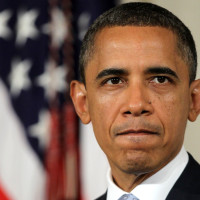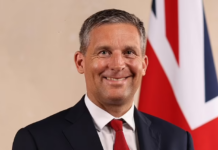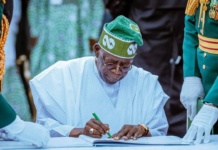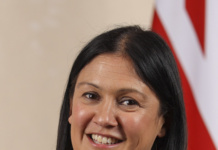President Barack Obama’s imminent trip to Ethiopia has raised concerns among human rights advocates who question the level of concern in the US about human rights in Africa, as it seeks to advance new security and economic goals on a continent where good governance and democratic freedoms often do not top the priority list.

“The decision to go to Ethiopia greatly undermines the stated goals and commitments of this administration when it comes to support for human rights, the rule of law and good governance in Africa and beyond,” said Sarah Margon, Human Rights Watch’s Washington director. “It shows that it ranks priorities and shows that security and development often trump human rights concerns, which is a very short-sighted policy approach.”
Dozens of journalists left Ethiopia last year, saying they faced threats from the government because of the work they do. In April 2014 the government charged seven bloggers known as Zone 9 and three reporters under the country’s anti-terrorism laws; a few months later the owners of six private publications were charged under Ethiopia’s criminal code. In early July the government released two bloggers and four journalists, though according to the Committee to Protect Journalists at least a dozen members of the media remain jailed on terrorism charges.
Ethiopia’s ambassador to the United States, Girma Biru, described Obama’s decision to visit his country as “confirmation of the strong relationship that’s been built between the two countries.”
Biru said prosecuting journalists was not evidence of human rights violations. “If a journalist, or a teacher, or a professor, or a farmer is supporting these types of groups to instigate violence, then he should be charged,” he said. “But the fact that he is carrying the name of ‘journalist’ should not save him from being charged on this ground.”
White House aides acknowledge that visits like the one to Ethiopia can bestow a measure of credibility to foreign governments and often use the lure of a presidential visit to win diplomatic concessions from non-democratic and repressive regimes.
Obama often meets with members of civil society during his overseas visits, as a way of encouraging independent groups to pursue their goals in the face of government opposition.
Grant Harris, the senior director for Africa at the National Security Council, said in a statement that the United States and Ethiopia have “a relationship that spans many issues” and the administration has been “exceedingly frank and candid” about its concerns about the government’s targeting of dissidents and reporters.
And some experts say that Obama must weigh human rights against other important factors.
Princeton Lyman, who served as US special envoy for Sudan and South Sudan from 2011 to 2013 and did stints as the US ambassador to Nigeria and South Africa, said that the United States must now consider the opportunity for investment in Africa even as the continent has become increasingly important for national security reasons, in the fight against international terrorists and other destabilizing regional forces.
“The question for policymakers is, how do you balance these different interests when they sometimes run up against each other?” Lyman said.
The Obama trip will try to balance several of those interests: In Ethiopia he will visit the Addis Ababa headquarters of the African Union, which has played an increasingly active role in trying to maintain regional and economic stability in the region. The Ethiopia stop will follow a visit to the Global Entrepreneurship Summit, which is being held this weekend in Kenya, where Obama’s father was born.









